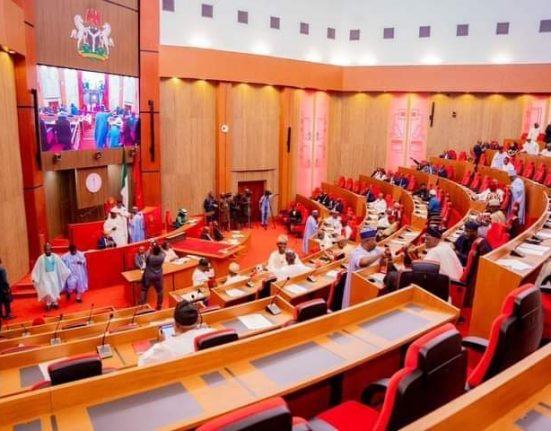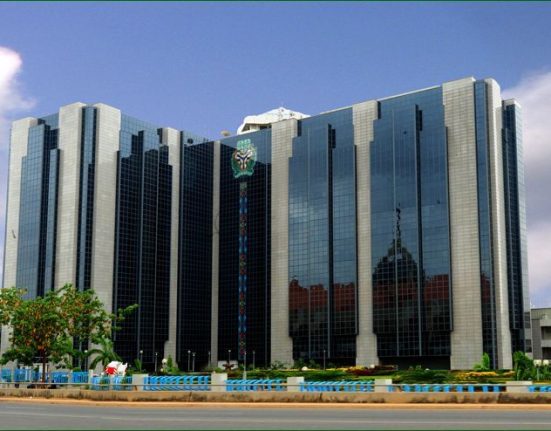The Economic and Financial Crimes Commission (EFCC) has recovered over ₦5 billion and $10 million from contractors and officials indicted in the controversial turnaround maintenance projects of Nigeria’s refineries in Port Harcourt, Kaduna, and Warri. The commission is also working to trace and recover an additional ₦10 billion and $13 million believed to have been siphoned through inflated contracts and questionable payments.
According to sources, EFCC Chairman, Ola Olukoyede, has personally overseen the investigation, expressing frustration over the persistent non-functionality of the refineries despite billions of dollars spent on their rehabilitation. For decades, successive governments have allocated massive sums to restore the facilities, yet they remain largely dormant, forcing Nigeria to continue its dependence on imported petroleum products.
Investigations revealed that about $1.55 billion was allocated to the Port Harcourt refinery, $740 million to Kaduna, and $656 million to Warri. However, EFCC discovered widespread fraud involving contract inflation, over-invoicing, and irregular payments. These practices, the agency said, were central to the failure of the refineries to deliver value despite heavy investments.
Former management staff of the three refineries have been repeatedly interrogated, while both serving and retired officials of the Nigerian National Petroleum Company Limited (NNPCL) are now facing prosecution. EFCC sources confirmed that charges against some of the officials are ready and will be filed soon.
In addition to the current recoveries, the commission is investigating fresh allegations of contract inflation amounting to about $40 million, allegedly involving NNPCL officials and contractors hired to supply equipment for the rehabilitation projects. Although EFCC’s spokesperson, Dele Oyewale, could not be reached for comment, senior officials confirmed the recoveries and ongoing investigations.
The revelations highlight a long-running pattern of mismanagement and corruption that has plagued Nigeria’s oil sector and contributed to the collapse of domestic refining, despite repeated promises of reform.







